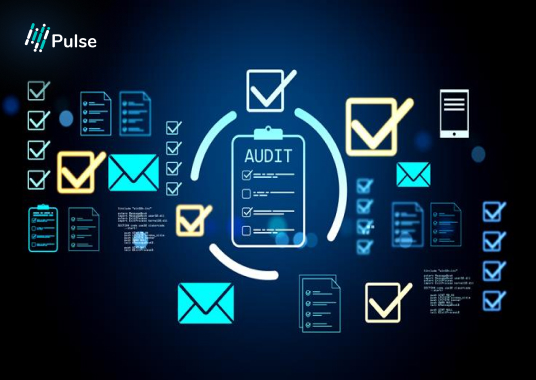Accountants today handle more than they ever did. Customers desire faster results, a better understanding of numbers, and more guidance. However, the use and reliance on spreadsheets and manual methods are simply not able to keep up. Remaining stuck to outdated practices usually equates to time loss and a lag in a rapidly changing industry.
Accounting professionals and firms need to adopt workflow automation and modern software for accountants to remain competitive. With the implementation of advanced tools and systems, accountants will have the opportunity to automate processes and save time. The time saved by automation can be used for client acquisition or other important tasks.
What is Automation in Accounting
Accounting automation replaces manual, repetitive tasks with intelligent software tools. These tools substantially reduce the requirement for human intervention, as they automate laborious processes such as bank reconciliations, expense tracking, and invoicing.
Instead of wasting hours looking for receipts or verifying transactions, accountants can rely on automation to get the work done quickly.
Core Technologies Powering Automation
Three powerful technologies silently perform the heavy lifting behind almost every automated workflow. These include:
Robotic Process Automation (RPA)
RPA is like a virtual assistant that handles repetitive and time-consuming tasks. These tasks include updating spreadsheets, sorting invoices, and data entry. The bots are set to handle long administrative processes, as they adhere to pre-determined regulations.
Artificial Intelligence (AI) and Machine Learning (ML)
AI assists systems in understanding patterns, identifying anomalies, and making predictions. Fraud detection is one of its most effective uses in accounting, as it notifies of abnormalities very early before they develop into serious problems.
Given the pressure to improve accuracy and efficiency, it is no surprise that more than 75% of businesses report increased technology spending. To increase productivity and support expansion, many businesses invest in automation and artificial intelligence.
Machine learning is an extension of artificial intelligence. It is intended to grow and learn with time. ML can categorise expenses, forecast cash flow, and automate complex financial decisions. The best part of ML is that the more data it processes, the smarter it gets.
With these technologies, SaaS companies like Pulse enable service providers to offer proactive advice to their clients without spending time on redundant tasks. Professionals can obtain the latest financial insights and make informed decisions much faster, as Pulse automates data collection and classification.
Pulse enables accountants to unlock deeper client value with better insights and faster execution. With modules like aiPredict, Pulse allows accountants to forecast cash flow, identify potential financial risks, and offer proactive guidance to clients. The DebtorIQ module further enhances this by providing real-time visibility into accounts receivable, helping accountants quickly identify overdue accounts, prioritise collections, and improve overall cash conversion cycles for their clients.
Book a demo now to know how Pulse can help you operate an automated routine, keeping you ahead in an evolving financial environment.
Intelligent Automation
By combining the strengths of AI and RPA, Intelligent Automation produces a system that can finish tasks and recognise when and how to use judgment. For instance, it can evaluate loan applications using past data or learn guidelines for invoice approvals. This means it allows tools to take over tasks that previously required a human eye.
Benefits of Workflow Automation for Accountants
Automation is not just an upgrade. Instead, it is a smarter way to work. For accountants, the real benefits are:
Time Saving
Automation does repetitive actions such as data entry or reconciliations within a few minutes, leaving you with more room to concentrate on what is meaningful for you.
Accuracy Improvement
Automation reduces manual input, thus reducing common errors. This also means cleaner books and fewer back-and-forth fixing mistakes.
Productivity Boost
With routine tasks off your plate, you can focus on higher-value work like advisory and strategic planning.
Conclusion
Since speed and accuracy are a priority in such a profession, automation is the need of the hour. By implementing the tools that integrate RPA, AI, and ML, accountants can try to move away from manual, time-consuming operations and adopt a smarter approach to working efficiently.

















